Food and sex are a match made in heaven, and not just because chocolate sauce makes everything taste better. For instance, did you know that sex and masturbation can help prevent prostate cancer? And that the same goes for eating dark chocolate and other tasty foods? It’s true! Read on to learn about more prostate cancer prevention tips.
My what-state?
The prostate is a walnut-shaped gland located in front of the rectum and between the bladder and penis. It controls things like your pee flow and the volume of your ejaculate. The prostate grows naturally as men age, and for most guys, this isn’t a problem. But once you hit 40, it’s time to start paying attention.
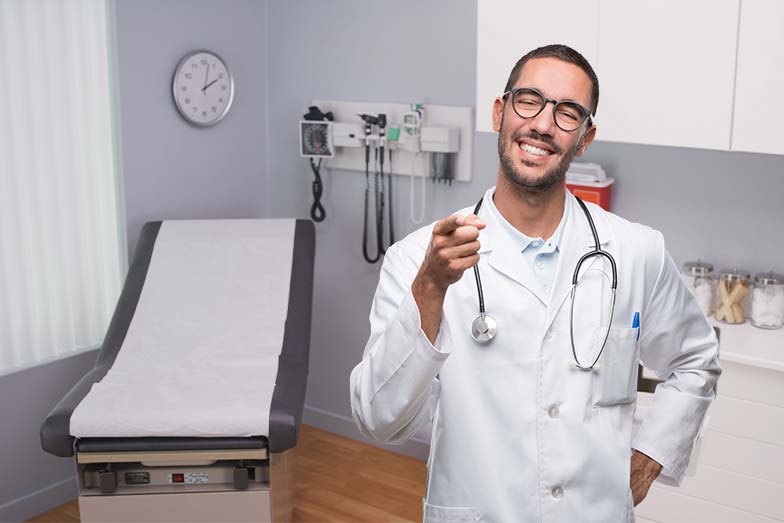
Prostate cancer prevention tips
An ounce of prevention is worth a pound of cure, as they say. Healthy eating is one example of how prostate cancer may be prevented and, in turn, how you can help keep your sex life humming along. According to Prostate Cancer Canada, a diet high in red meat or full-fat dairy products and low in fruits and vegetables seems to increase the risk of the disease. So there’s one cancer-preventing tip already. Out with the Philly cheesesteak sandwiches and meat-lovers pizza, and in with the apples and asparagus!
Good foods for prostate health
Lots of tasty, easy-to-prepare foods help prevent prostate cancer. Blueberries, almonds, and dark chocolate, for example, are full of antioxidants that help flush toxins out of your body and help fight all forms of cancer. The same goes for most fruits and vegetables, as well as fish. Here are some other prostate-healthy foods.
Watermelon: High in vitamins A and C and free of fat and salt, watermelon is a mouthwatering healthy food choice regardless of your age. It also happens to be an excellent source of lycopene, an antioxidant that research suggests may help lower prostate cancer risk. There are as many as 9 milligrams of lycopene in a small slice of watermelon. Guys should aim to consume about that much a day. Other lycopene-rich foods include tomatoes, apricots, pink grapefruit, guava, and papaya.
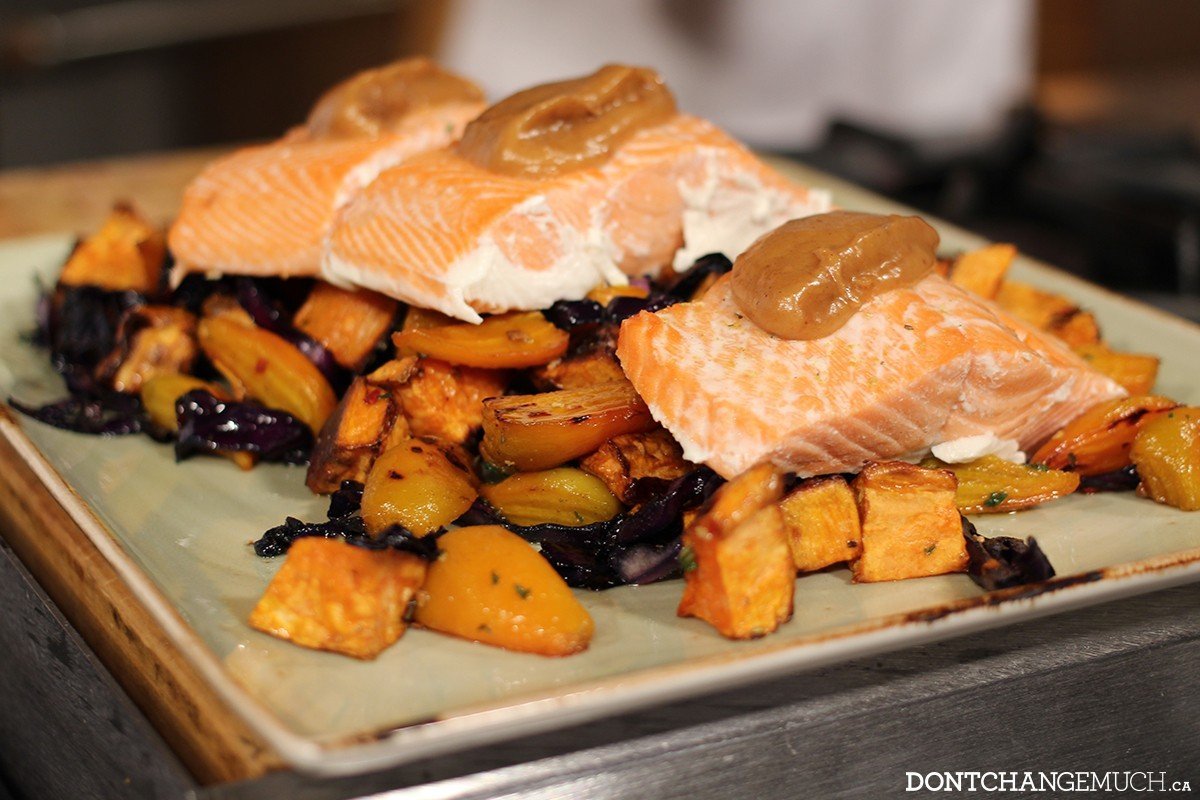
Salmon: This delicious and versatile fish joins tuna, herring, sardines, and lake trout in being packed with omega-3 fatty acids linked to a reduced risk of prostate cancer.
Carrots: A 2014 study found that eating more carrots produced “a significantly decreased risk of prostate cancer.”
Turmeric: This savoury spice contains curcumin, a compound that may suppress the spread of prostate cancer. However, turmeric sure doesn’t suppress flavour and tastes really good when sprinkled on corn on the cob.
Does sex prevent prostate cancer?
Not that guys need any encouragement to show themselves some love—if you catch our drift—but researchers are looking into the correlation between ejaculation and reducing guys’ chances of contracting prostate cancer. No, really!
Whether it’s through masturbation or sex, some research alludes that it may help flush out your system, clearing away harmful chemicals that might build up in semen. That being said, to see any difference, you will be looking at around 21 times a month. So have fun with it.
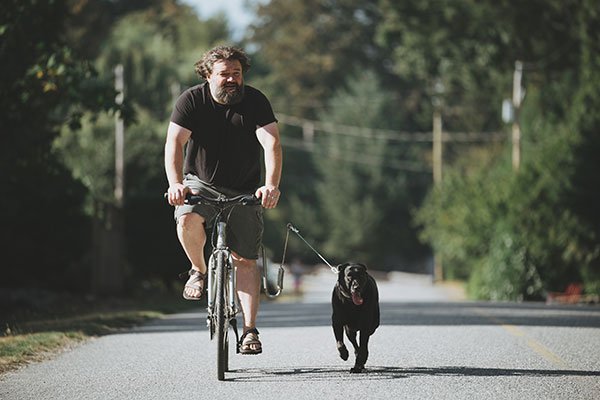
Exercise and prostate cancer prevention
Research has repeatedly shown that boosting your heart rate with regular exercise can lower your risk of getting prostate cancer by up to 20 percent. Of course, getting regular exercise is easier said than done.
Instead of watching football on TV, why not call up a few friends and go toss a ball around? It’s infinitely more enjoyable than trudging off to the gym and a great way to catch up with the guys, too.
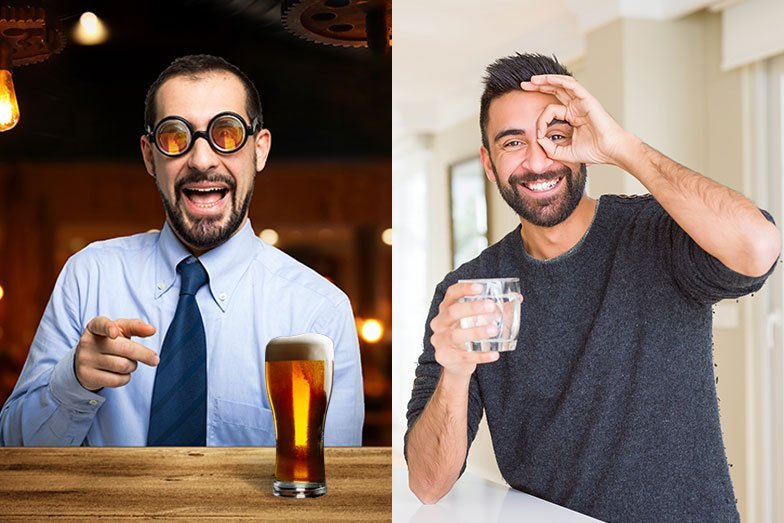
Drink less and quit smoking to prevent prostate cancer
Cut down on booze, and start early (if possible): Guys who drank at least seven drinks per week between ages 15 to 49 years had a more than threefold greater likelihood of developing fast-growing prostate cancer than guys who did not drink, according to cancer prevention research. The good news is that it’s never too late to start a good habit and avoid hangovers.
Quit smoking: The Prostate Cancer Canada charitable organization, which is always an excellent source for info on the topic, points to preliminary research showing that smoking may be a risk factor for prostate cancer. Kicking the habit is one of the best things you can do for your overall health. Why not do it anyway? We’re here to help.
Prostate exams
Let’s face it: a prostate exam is a necessary medical procedure for us guys. Although a big problem is those prostate exams are avoided by most of us guys. They really shouldn’t be, so we might as well laugh at the thought of doctors sticking their gloved fingers up our butts.
What, you’re not laughing yet? Maybe this zinger will help:
Jerry was a bit uncomfortable during his last prostate exam. He said to his proctologist, “Is that your wedding ring?” “No,” the doctor replied. “That’s my watch.”
Don’t freak out, guys. The exam is easy and takes only a moment.
All joking aside, prostate exams need to be taken seriously. After age 40, the walnut-sized prostate gland can become inflamed, grow, block urine flow, or become cancerous. Statistics show that a whopping 1 in 7 guys faces a positive diagnosis in their lifetime.
In fact, prostate cancer is the most common cancer to affect Canadian men. That’s why it’s so important for guys older than 40 to ask their doctors about getting a blood test and digital rectal examination. This is how prostate cancer screening is done. After all, if detected and treated in its earliest stages, the chances of surviving prostate cancer are greatly increased.
Symptoms of prostate cancer in men
With painful ejaculation among prostate cancer symptoms, the disease can put a damper on your sex life. Other symptoms include:
- Difficulty urinating
- Urgent need to urinate
- Frequent urination, especially at night
- Burning or pain when urinating
- Inability to urinate or difficulty starting or stopping urine flow
- Blood in the urine or semen
It’s important to note that symptoms aren’t always present—especially in the early stages of prostate cancer—which is another reason to talk to your doctor if you’re over 40.
What good foods do you eat to protect your prostate and improve your sex drive? Share your tips in the comments below.
This article was originally published on November 7, 2018.
Are You at Risk?
Learn your risk level for the most common men’s health conditions in 10 minutes with a free, confidential, and personalized report.
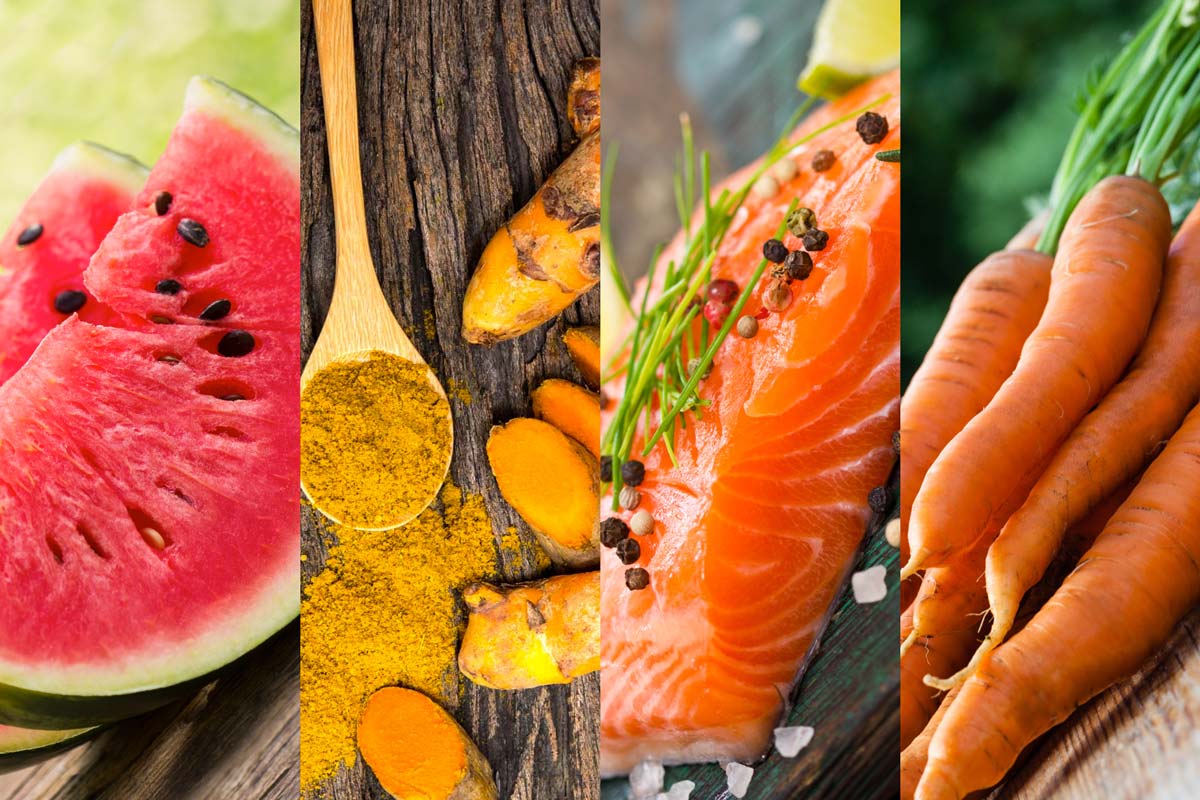
I am 75 years old should I continue to have an annual PSA blood test as my doctor has basically said at my age it is recommended that I don’t
The reason is that according to the Canadian Urological association, men 75 and over aren’t recommended to get tested because of the lack of evidence for the benefit of screening in this age group, evidence of harms, and the low prevalence of clinically detectable prostate cancer. Sometimes it is other factors like any medicine you might be taking that will affect the outcome of the PSA test.
~Canadian Men’s Health Foundation team member
Yah I want to receive newsletter
Great! You can sign up here. We’re happy to have you on board: https://dontchangemuch.ca/health-tips/
~Canadian Men’s Health Foundation team member
Hi. I recently had PSA blood test readings of 3.3 & 3.4.
I had a biopsy which found a very small growth, I did another blood test which showed an increase reading of 3.8 but an MRI scan did not show any change to growth size.
I am having a further PSA blood test in a few months & hoping that the reading hasn’t increased.
Prevention and early detection is the key to good health, so kudos to you for being proactive with your healthcare. We’re rooting for you over here, Nick! Here’s hoping your next PSA test shows that your levels get back to a good level for you. They can read high for reasons other than cancer sometimes.
~Canadian Men’s Health Foundation team member
A zinc deficiency seems to be a culprit of BPH and cancer in the prostate that men seem to lose their zinc levels in the prostate for different reasons including proton pump inhibitors for stomach issues. I have read alot on this and we may need to suppliment after 50.
thank you for sharing helpful information prostate healthy diet . It’s really very useful for the reader.
You helped me. so much the way things you put my over worked mind was put at ease so we’ll.I think I will sleep easier to night. thank Derek Boyes.
You are welcome, Derek. We try to keep things simple. We appreciate the positive feedback.
~Canadian Men’s Health Foundation team member
Yes, My husband was just diagnoised with prostrate cancer. His doctor did only the finger test as was the way it was always done. But a P.S.A. test that he had to ask for since his brother in law had done and found out he had cancer also, only by the blood test, which i think, and strongly urge men have done after 50 at least to check , for cancer. Like women whom have yearly mamograms, and pap smears , Men also need this done for theyre prostrate !!
Thanks for sharing, Darlene. That’s a tough thing for you both. We hope he recovers quickly.
~Canadian Men’s Health Foundation team member